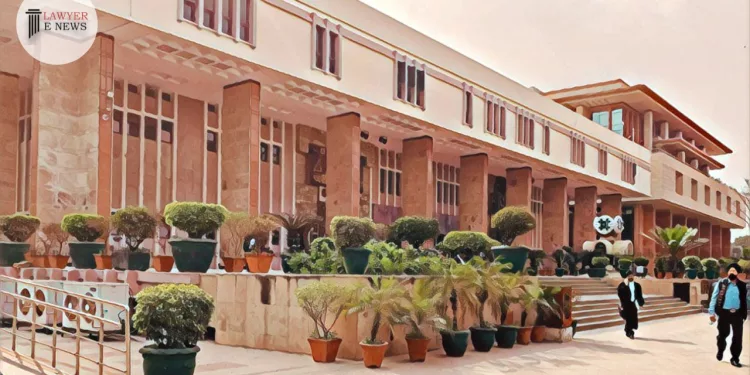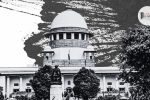Permanent Forfeiture of Approved Service Not Permissible Under the Rules: Punjab & Haryana High Court in Police Service Case

In a significant ruling, the Punjab & Haryana High Court today upheld the lower courts’ decisions against permanent forfeiture of approved service under the Punjab Police Rules, 1934, Rule 16.5. Justice Namit Kumar, presiding over the case, dismissed the appeal by the State of Punjab, which had challenged the decrees affirming that such permanent forfeiture affecting seniority and pension benefits was not permitted under the rules.
Brief on Legal Point: The core issue was whether the Punjab Police Rules, particularly Rule 16.5, allow for permanent forfeiture of a police officer’s approved service, which would impact their pension, seniority, and other service benefits. The appellants contested that the lower courts erred in their interpretation that permanent forfeiture was not envisioned by the rule.
Facts and Issues of the Case: The case arose from an incident dated January 27, 1988, involving Amar Chand, a Head Constable with Punjab Armed Police, who was accused of abandoning his security post, leading to a departmental action against him. The subsequent departmental inquiry found him guilty and initially proposed a three-year forfeiture of approved service, later reduced to one year by the Commandant of the 27th Battalion, P.A.P. Jalandhar. The legal battle followed the dismissal of Amar Chand’s appeals at various administrative levels, leading him to challenge the decision in the civil courts.
Court’s Assessment:
Rule 16.5 Examination: The court noted that Rule 16.5 permits withholding increments and temporary or permanent stoppage of approved service, but does not explicitly allow for a permanent forfeiture that would adversely affect pension and seniority. The court heavily relied on precedents such as Harminder Singh Vs. State of Punjab and others (2014) and earlier judgments which clearly stated that penalties not provided in the rules cannot be imposed.
Lack of Provision for Permanent Penalty: Justice Kumar pointed out that neither the Police Act nor the cited rule explicitly provided for permanent forfeiture as a penalty. Quoting the rule, he clarified, “The order must state whether the forfeiture of approved service is to be permanent; or, if not, the period for which it has been forfeited.”
Concurrent Lower Court Findings: The lower courts had consistently found that the permanent forfeiture was not permissible, and their findings were neither perverse nor illegal. This was based on a thorough scrutiny of the legislative intent and previous judicial interpretations.
Decision: The appeal was dismissed, with the court affirming that no substantial legal question was presented that would warrant a different interpretation of the rule. The court underscored that the consistent judicial approach has been to avoid imposition of penalties not expressly provided by law.
Date of Decision: April 26, 2024
The Punjab State and others vs Amar Chand






